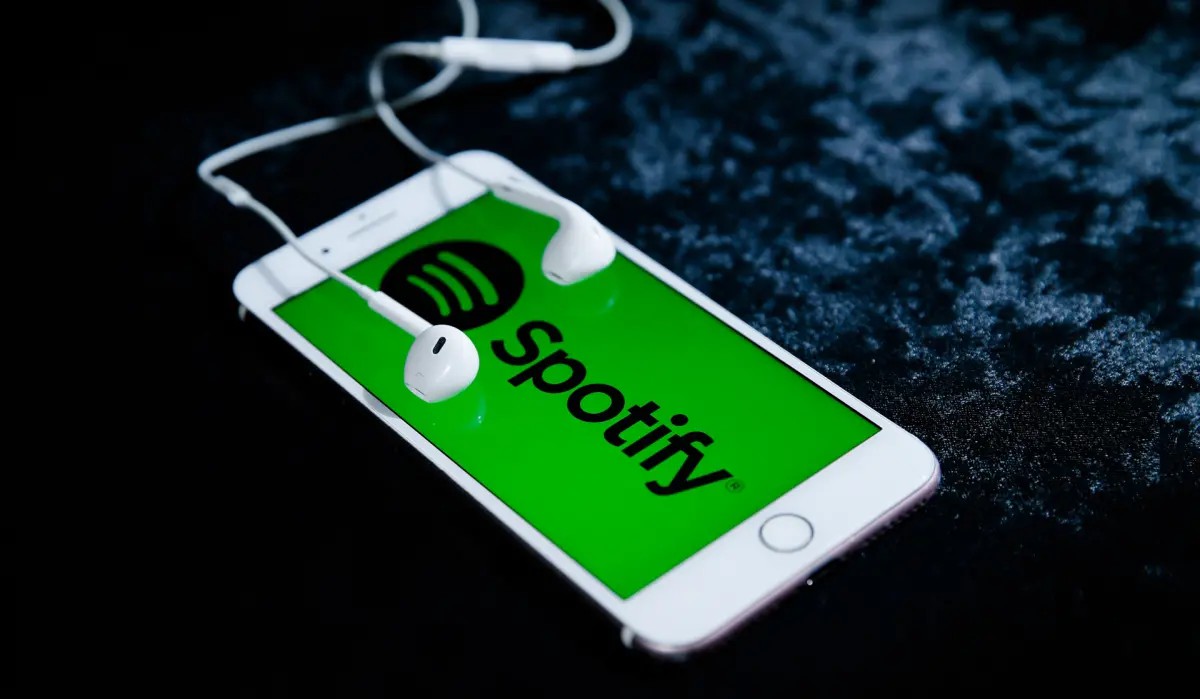Mega audio streaming giant Spotify has today announced that its plans to launch in 85 new markets, areas that house more than a billion potential new listeners, according to the company. This comes as good to not only creators, music listeners but the music industry as well, and has been a long time coming and in anticipation, as I first stated here in 2019.
The company made the announcement today Monday, at its ‘Stream on Event’ for creators and partners. The 85 new markets will include Pakistan and Bangladesh – span Asia, Africa, Europe, Latin America and the Caribbean. Spotify will additionally support more 36 new native languages, on top of the 60 it was already available in.
We launch in 80+ new markets over the next few days. See you soon Bangladesh, Pakistan and Nigeria 👀 #SpotifyStreamOn pic.twitter.com/Wqv3IFdicz
— Spotify (@Spotify) February 22, 2021
Spotify is currently available in 93 markets, and as of 1st February 2021 was named the sixth largest music market, despite its ban in China. With this expansion of territories, Spotify’s total imprint will cover 178 countries, and hence continue reinstating its position as a music leader when it comes to streaming, and having a concentrated market it serves.
Related: Spotify launching in Uganda? What would it mean?
“Having more listeners on our platform creates more opportunities for artists and podcasters to make a living from their work. And more creators mean more audio content for our users to discover,” said Alex Norström, Spotify’s chief freemium business officer. “This creates an essential flywheel between creators and listeners that is the foundation of our business — and in the end, it is what will propel the audio industry forward.”
As of the fourth quarter of 2020, the platform reported 345Million total monthly active listeners; (up 27% for the year), including 155 million Premium subscribers (up 24%). The service offers more than 70 million individual tracks, including over 2 million podcast titles.
Previously, many of us have been able to access the service by way of Virtual Private Network (VPN) mobile applications and backdoor methods to enjoy the streaming service since Spotify had not yet launched in Uganda. However, that will be no more “in the coming days”. By making this move to open up in more territories, including Africa, Asia and the rest; Spotify promises to give millions of local, new and already existing creators the opportunity to create, discover, and build a career in audio creation—and giving a billion new fans the opportunity to hear it by partnering with them to expand its music offerings and deliver a Spotify experience that meets the unique needs of each market. Over time, the company aims to introduce the following offerings in each region.
A bit of what to expect from Spotify:
- Plans: Free and Premium plans will be available across all the markets. In select markets, Spotify will offer Individual, Family, Duo, and Student Plan options.
- User Experience: Listeners will be able to select and search from Spotify’s worldwide catalog when using the product, providing a personalized experience from day one. The home screen will surface personalized playlist programming for new listeners. The browse and search pages will feature worldwide content hubs, and adapt to the local market and the listener’s taste the more they use the service.
- Music Catalog: At launch, Spotify will offer its full global catalog in these new markets. The company will continuously work with local rights holders and partners to expand its catalog to include more local offerings.
- Podcasts: In the majority of these markets, Spotify will launch with its full podcast catalog. For the others, it will work closely with local partners to introduce more podcasts from its catalog, as well as Spotify’s proprietary creator platform, Anchor.
- Platforms: Upon launch, the Spotify experience will be available on Mobile and Desktop Web Player. Similar to other features, the company will work with partners to introduce Spotify on more platforms, including TV, Speakers, Wearables, and Car in the coming months.
Here’s the full list of 85 new markets Spotify is soon to launch in:
Angola, Antigua and Barbuda, Armenia, Azerbaijan, Bahamas, Bangladesh, Barbados, Belize, Benin, Bhutan, Botswana, Brunei Darussalam, Burkina Faso, Burundi, Cabo Verde, Cambodia, Cameroon, Chad, Comoros, Côte d’Ivoire, Curaçao, Djibouti, Dominica, Equatorial Guinea, Eswatini, Fiji, Gabon, Gambia, Georgia, Ghana, Grenada, Guinea, Guinea-Bissau, Guyana, Haiti, Jamaica, Kenya, Kiribati, Kyrgyzstan, Lao People’s Democratic Republic, Lesotho, Liberia, Macau, Madagascar, Malawi, Maldives, Mali, Marshall Islands, Mauritania, Mauritius, Micronesia, Mongolia, Mozambique, Namibia, Nauru, Nepal, Niger, Nigeria, Pakistan, Palau, Papua New Guinea, Rwanda, Samoa, San Marino, Sao Tome and Principe, Senegal, Seychelles, Sierra Leone, Solomon Islands, Sri Lanka, St. Kitts and Nevis, St. Lucia, St. Vincent and the Grenadines, Suriname, Tanzania, Timor-Leste, Togo, Tonga, Trinidad and Tobago, Tuvalu, Uganda, Uzbekistan, Vanuatu, Zambia, and Zimbabwe.
Written with Reference from Afri Tech Post & Variety













